EDWARD EPP
Paintings
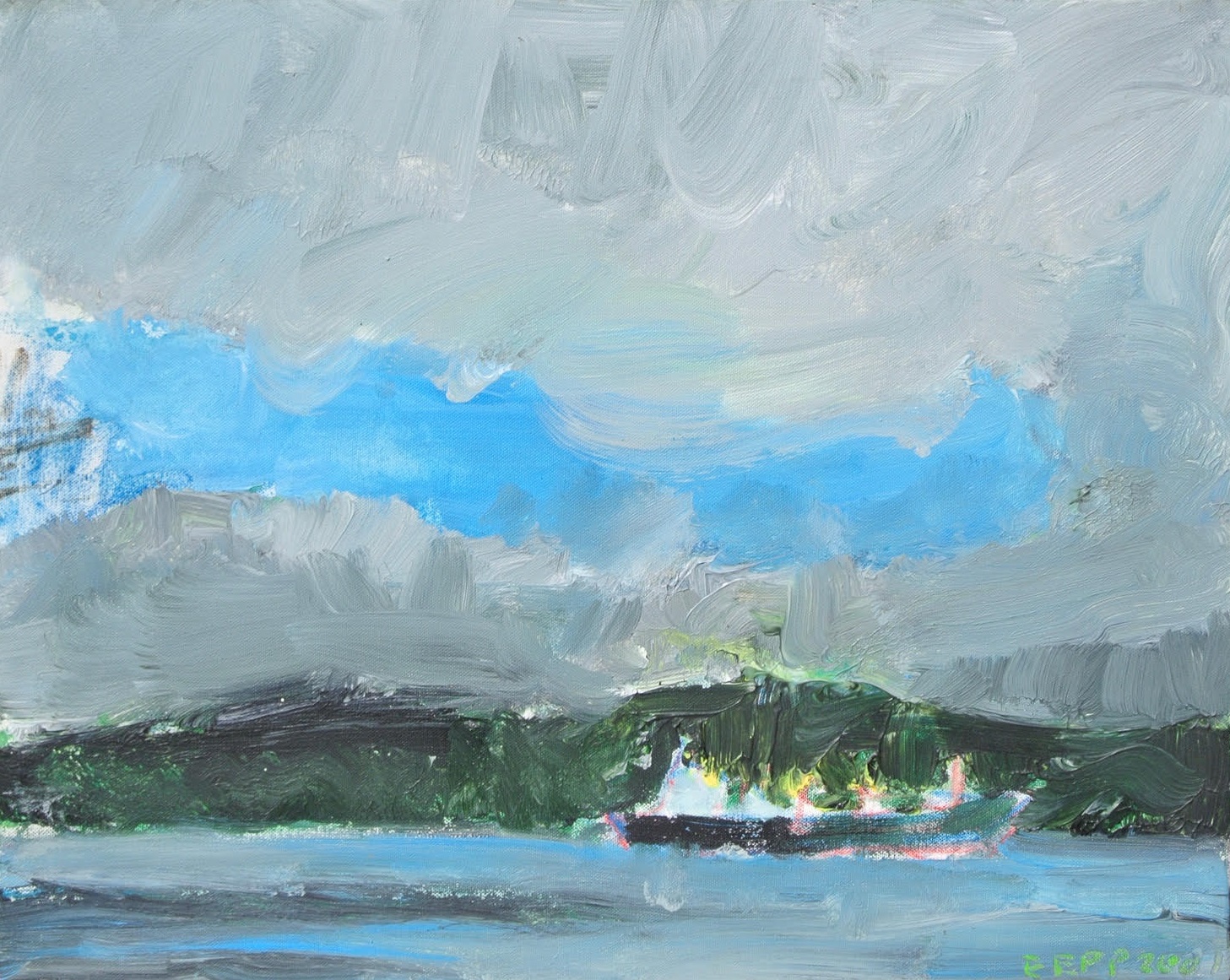
Freighter – Douglas Channel, oil on canvas, 2014
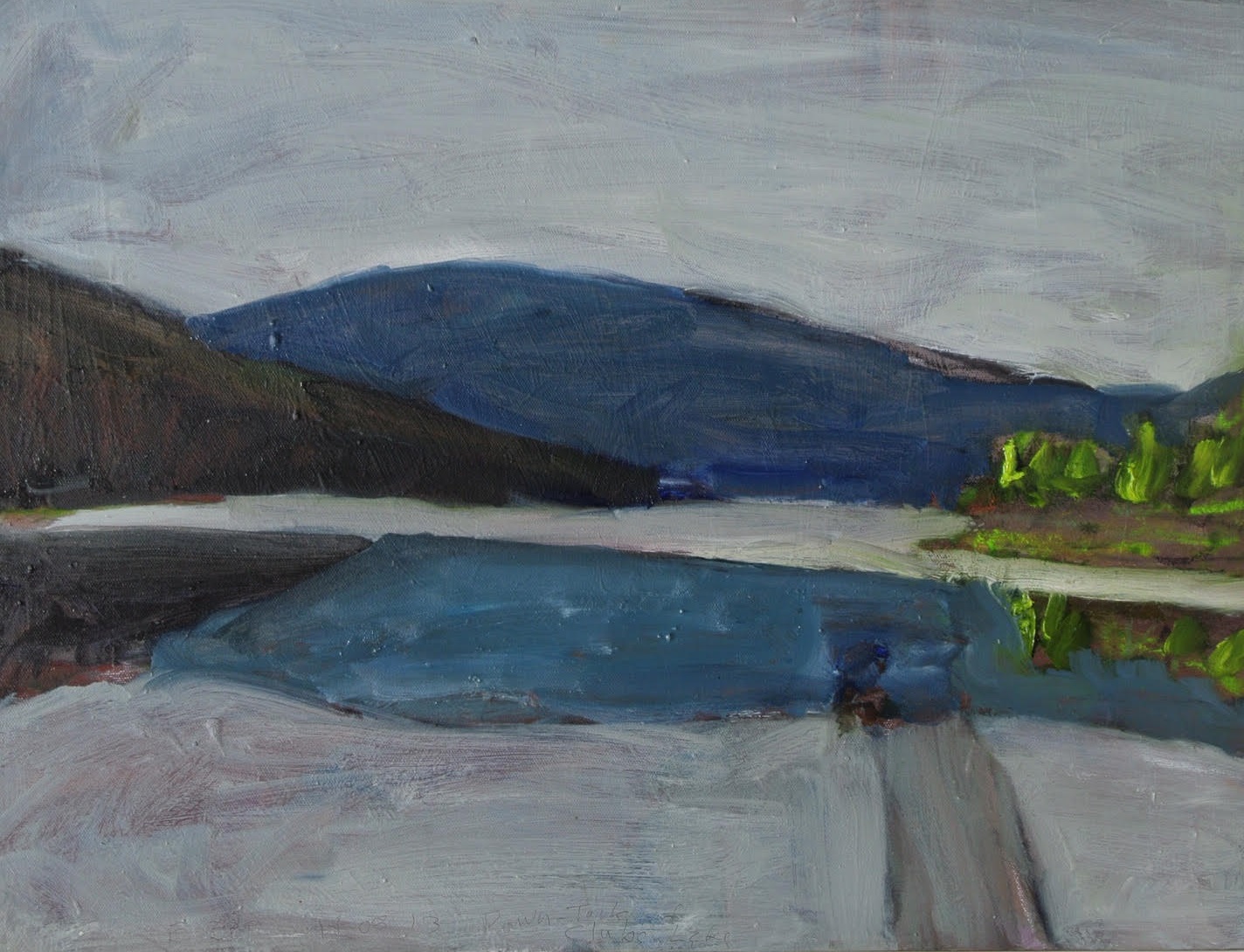
Jack of Clubs Lake, oil on canvas, 2013

Douglas Channel – Kitimat, oil on canvas, 2016

Douglas Channel View, oil on canvas, 2016
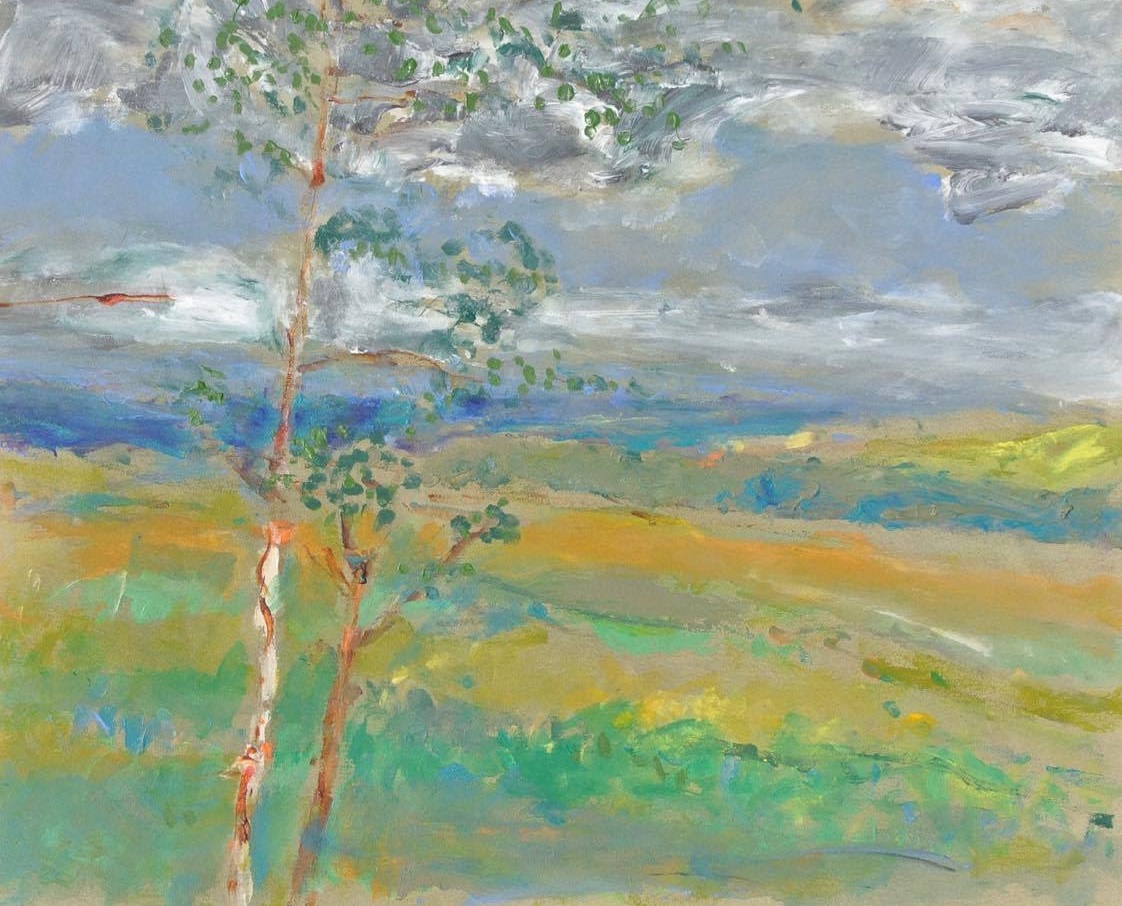
Messenger, oil on canvas

Fall – Kitimat River, oil on canvas
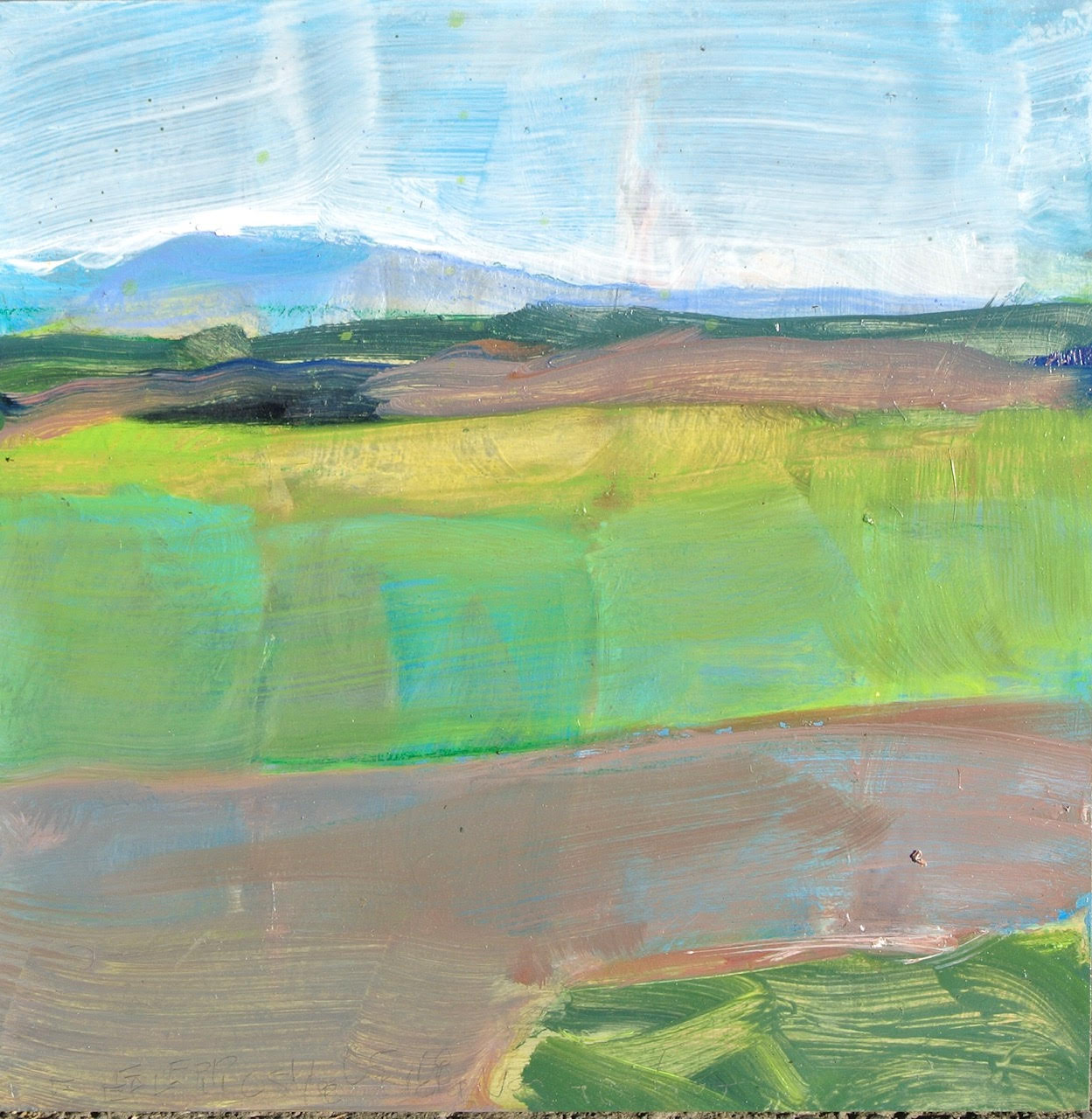
View near Vanderhoof, oil on panel, 2018
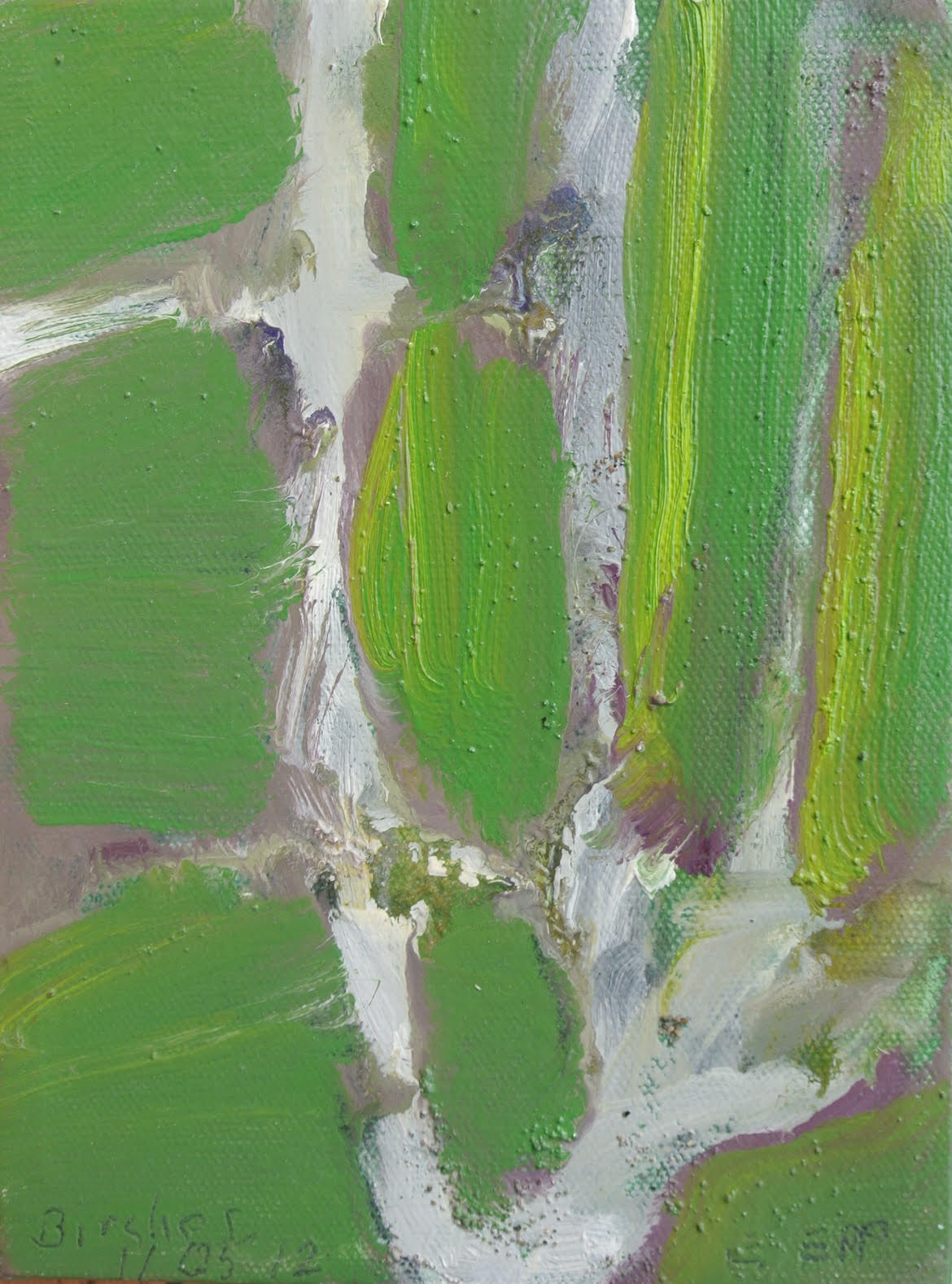
Birches, oil on canvas, 2012
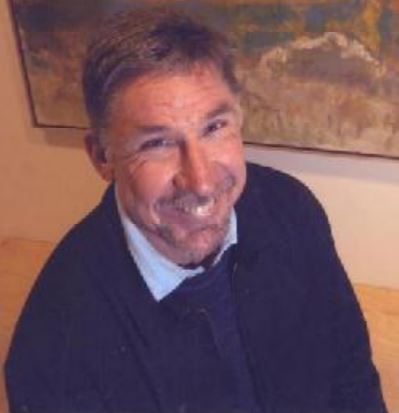
Edward Epp
Artist Statement: Canadian artist Edward Epp (MFA University of Saskatchewan, 1975) captures the spirit of British Columbia’s rich coastal topography through his lyrical paintings that reflect the landscape, the people, and the icons of coastal and northern BC. Epp’s art has been widely acclaimed and shown throughout BC and Canada. Constantly inspired by his environs, Epp is known for his ‘plein air’ paintings: he works on several paintings at a time outside in the elements with the rain and wind contributing to the creation of his work. Of his work, he writes: “Sometimes in the long, long winter, when wind tears the rain across my face, lumps of acrylic stream off the canvas, and sufficient working light disappears by 4:30 p.m., I wonder about the sanity of working as a singular artist, ‘hanging in’ here after all these years. Yet, hope persists that the works of art that have been fashioned over this period of time as an artist/seeker in this challenging zone may be viewed as a distinct, valuable portrayal of the tensions experienced in this remote region. Nature evokes deep spiritual responses, and when I am in a natural environment, I feel a living, breathing sense, something that is totally absent in reproduction. Sketches could work, but they have never been sufficient for me when I undertake the ‘searches’ in painting. So far, the most convincing painterly response, the most authentic for me, is in that natural moment.”
Bio: Canadian artist Edward Epp has been painting for over 40 years. He holds an MFA in Fine Arts and a Master’s of Education in Counseling and has worked as an artist, educator, and clinical counselor. His work has led him to the intersection of these disciplines in art-centered healing projects with youth from remote indigenous communities in the Pacific Northwest. Edward has enjoyed working in the midst of cultures different from his own, not only in British Columbia but also in Africa and China. The role of spiritual values, community, and the arts in establishing and nurturing patterns of mental health are strong themes in his life and work. Edward believes that art and psychology are complementary — both assist in the formation of unique perceptions and experience, and both are process-oriented and highly tuned to natural patterns of change and transformation.
Bio: Canadian artist Edward Epp has been painting for over 40 years. He holds an MFA in Fine Arts and a Master’s of Education in Counseling and has worked as an artist, educator, and clinical counselor. His work has led him to the intersection of these disciplines in art-centered healing projects with youth from remote indigenous communities in the Pacific Northwest. Edward has enjoyed working in the midst of cultures different from his own, not only in British Columbia but also in Africa and China. The role of spiritual values, community, and the arts in establishing and nurturing patterns of mental health are strong themes in his life and work. Edward believes that art and psychology are complementary — both assist in the formation of unique perceptions and experience, and both are process-oriented and highly tuned to natural patterns of change and transformation.

